Category Archives: General
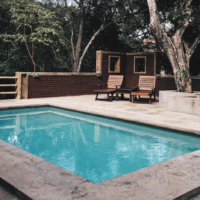
A Complete Guide to Georgia Premises Liability Law
Premises liability is a legal doctrine that states that property owners are responsible for injuries victims sustain on their property due to their negligence. In Georgia, property owners are required to make a reasonable effort to maintain safety on their premises. Do I Have a Valid Premises Liability Claim? Have you or your loved… Read More »

How to Determine if You Have a Negligent Security Claim
When we walk into a hotel, restaurant, business, or another location, we have the right to expect that the property owner has kept their property reasonably safe. When innocent people become injured as the victims of crimes on other people’s property, they may have a right to pursue a negligent security lawsuit against the… Read More »
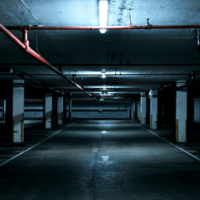
Negligent Security: How to Determine if You Have a Claim
Property owners have a legal obligation to keep their premises reasonably safe for their guests and customers. If you have suffered an injury from an assault on another person’s property, you could be entitled to compensation for your injuries. When property owners fail to keep their properties reasonably safe, and someone becomes injured, the… Read More »
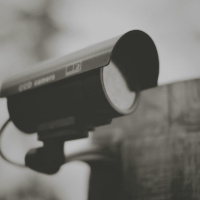
Can You Sue a Security Company?
This article was last updated on Aug. 17th, 2022 Short answer: Yes. In lawsuits where a security a guard has been negligent, it is often the land or property owner employing the security company, and the security company employing the guard, who are both named as defendants. Typically, such lawsuits are under the legal… Read More »
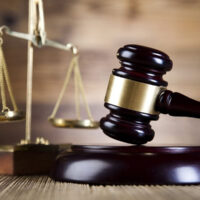
Landlord Liability And You
Can my lease prevent me from filing a negligent security case? Most apartments use standard leases which have provisions that they may use to try to prevent you from filing a lawsuit for landlord liability if your loved one has been sexually assaulted, shot, murdered, etc. These are often referred to as exculpatory clauses…. Read More »
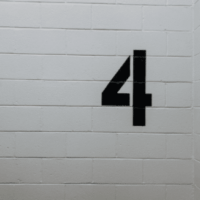
A Guide to the Four Elements of Negligence
Most personal injury claims are brought based on negligence. The plaintiff who sues the defendant must prove that the defendant acted negligently by failing to use reasonable care under the circumstances. To have grounds for a personal injury lawsuit, you will need to prove the four distinct elements with supporting evidence. We will take… Read More »
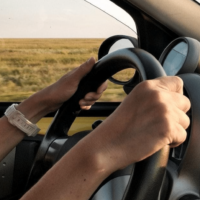
What is the Difference Between Civil Negligence and Criminal Negligence?
If you have been seriously injured in an accident, you may have heard the term ‘negligence.’ To obtain compensation from the person or company who caused your injuries, you will need to show that they acted negligently. Negligence means failure to use reasonable care under the circumstances. There is a difference between criminal and… Read More »

What is the Difference Between Ordinary Negligence and Gross Negligence?
If you are planning on filing a personal injury lawsuit, you will need to prove that the defendant acted negligently. The legal theory of negligence is important in personal injury lawsuits. There are several elements you will need to prove to show negligence. A personal injury attorney will gather evidence showing clear and convincing… Read More »

What is Premises Liability Law?
You may not have heard the phrase premises liability, but you are probably familiar with accidents that happened on other people’s property. Slip and fall accidents, dog bite injuries, and swimming pool accidents fall under premises liability law. Property owners have a legal duty to ensure that their property is reasonably safe for their… Read More »
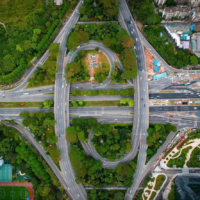
A Guide to Comparative Negligence in Georgia
If you have been injured in a personal injury accident, such as a car accident or a slip and fall accident, you have the right to pursue compensation. Under Georgia law, a person whose negligence causes another person’s injuries is responsible for paying for costs associated with those injuries. Determining liability is one of… Read More »
